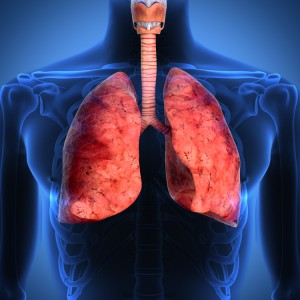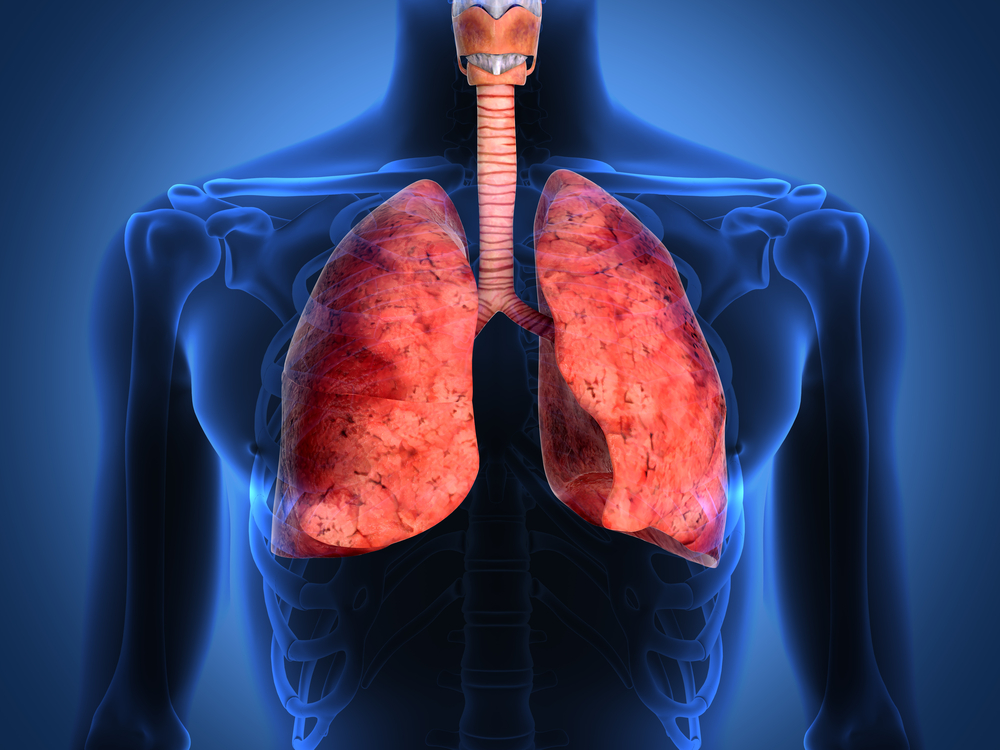 The Pulmonary Hypertension Association (PHA) is fully supporting the Patients’ Access to Treatments Act (PATA), which was recently introduced in the House of Representatives by Lois Capps (D-CA) and David B. McKinley (R-WV). The bi-partisan legislation’s purpose is to limit cost-sharing requirements for medications included in healthcare plans’ specialty tier so that life-saving medications can be easily accessible by significantly decreasing patients’ out-of-pocket expenses.
The Pulmonary Hypertension Association (PHA) is fully supporting the Patients’ Access to Treatments Act (PATA), which was recently introduced in the House of Representatives by Lois Capps (D-CA) and David B. McKinley (R-WV). The bi-partisan legislation’s purpose is to limit cost-sharing requirements for medications included in healthcare plans’ specialty tier so that life-saving medications can be easily accessible by significantly decreasing patients’ out-of-pocket expenses.
PH is a debilitating and rare condition of the lungs that alters the functioning of the heart and can even lead to its failure; without proper treatment, the average survival rate is about 2.8 years. PATA will ensure that those suffering with PH can have easier access to top-shelf medications that improve their quality of life and extend their lifespan.
Katie Kroner, the PHA’s Director of Advocacy and Awareness, said in a press release: “Without treatment, individuals with PH live only a few years on average. There are twelve PH treatments available, but that doesn’t matter if patients can’t pay for them. This is a very real problem, and PHA is proud to be part of the Coalition for Accessible Treatments’ efforts in this regard.”
[adrotate group=”4″]
Advocates for the legislation note that there is an alarming trend in the health insurance market nowadays, stating that it has become commonplace for expensive drugs to be transferred into specific health plan tiers that correspond to high patient cost-sharing methods. Because of these high-cost tiers, patients can spend thousands of dollars per month and can lead to some patients being forced to stop their treatment.
PHA is committed to being part of the fight to help pass PATA so that patients with Pulmonary Hypertension can afford the best treatments that the market has to offer.
The Pulmonary Hypertension Association (PHA) is the country’s leading pulmonary hypertension organization. Its mission is to support the effort to discover means to prevent and cure the disease and give hope to patients through support, research, advocacy, education and awareness.

